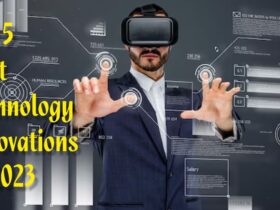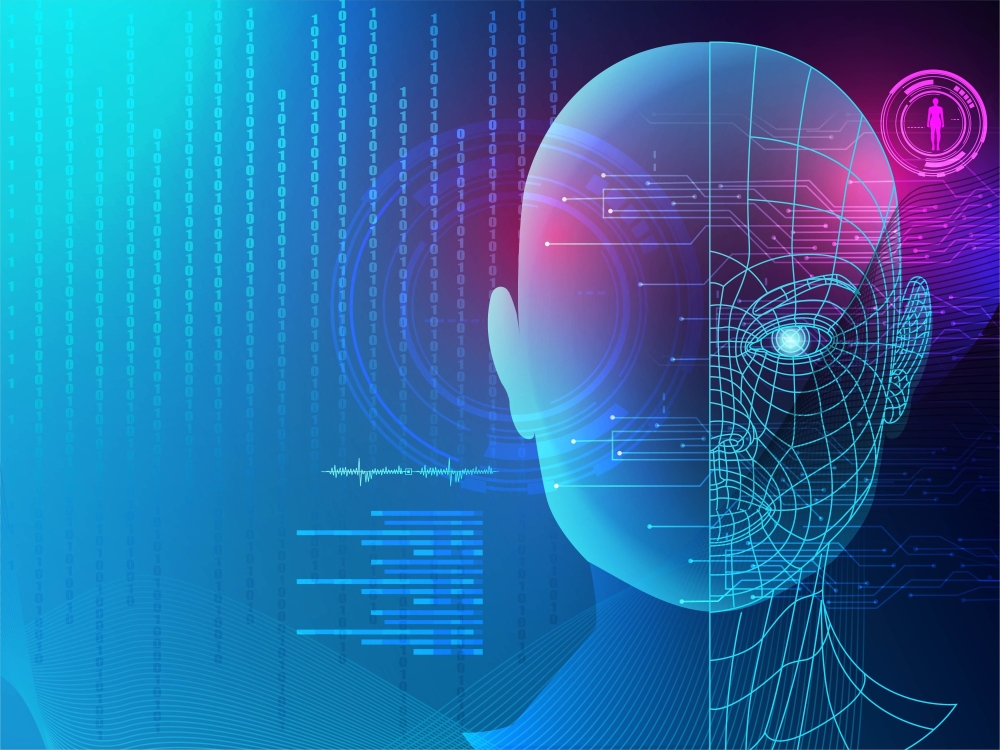The advent of facial recognition technology, a remarkable achievement of the digital era, has brought forth a significant ethical quandary. This difficulty revolves around the delicate balance that must be struck between safeguarding individual privacy and upholding the crucial need for security. The system functions by capturing and analyzing distinct facial patterns, raising a crucial inquiry: can true consent be obtained when surveillance occurs without explicit awareness? This section explores the intricate ethical dimensions of consent and the consequences of ubiquitous surveillance, prompting contemplation on the transformation of privacy in our rapidly advancing technological society.
The Orwellian Dilemma: The Clash Between Democracy and the Surveillance State
The advent of facial recognition technology presents a profound ethical difficulty as it confronts us with the delicate balance between the potential advantages it offers to society and the looming threat of an all-encompassing surveillance apparatus. Within this particular framework, the fundamental principles of democracy and civil liberties are precarious. While this cutting-edge technology holds the potential for enhanced security and efficiency, it simultaneously presents a formidable challenge to the very essence of democratic societies. In this section, we delve into the potential implications of facial recognition technology on democracy, highlighting the imperative for stringent regulation and widespread societal consciousness to safeguard individual liberties and uphold democratic values.
In democratic societies, the delicate equilibrium between security and personal freedom is paramount. The unregulated advancement of facial recognition technology has the potential to disrupt this equilibrium, thereby paving the way for a society under constant surveillance reminiscent of the ominous worlds depicted in dystopian literature. The notion of ubiquitous monitoring, wherein every movement is meticulously tracked and documented, poses a profound challenge to the fundamental principles of democracy and civil liberties.
On the one hand, proponents argue that enhanced security is a compelling reason to embrace facial recognition technology. They contend that its ability to identify criminals accurately can play a crucial role in crime prevention and improve public safety. However, suppose this technology is allowed to increase without proper oversight. In that case, it has the potential to create a society in which the government or influential entities possess excessive control and surveillance capabilities. This could result in the suppression of dissent and the restriction of individual freedoms.
Unveiling Bias: The Impact of Algorithms on Fair Representation
Facial recognition technology presents various ethical challenges, with algorithmic bias being a particularly noteworthy concern. The efficacy of these algorithms hinges upon the utilization of comprehensive datasets. However, it is crucial to consider the possibility of accidentally incorporating societal biases within these datasets. This outcome gives rise to a technological system that may encounter difficulties accurately discerning individuals from various backgrounds, raising concerns regarding fairness and justice. In this section, we delve into the intricate nature of algorithmic bias in facial recognition technology and emphasize the crucial need to address and mitigate these biases to uphold ethical principles.
At the core of this remarkable technological marvel resides a fundamental imperfection—algorithmic bias. The efficacy of facial recognition technology algorithms is directly dependent on the quality and comprehensiveness of the data used for their training. When the data is skewed or biased towards a specific race, gender, or ethnicity, the technology inherently exhibits prejudice. While it may exhibit accuracy in identifying individuals from the majority group, its performance tends to falter when confronted with diverse faces.
The Misuse and Deepfakes: Unveiling the Dark Underbelly of Facial Recognition Technology
This section sheds light on the darker facets of facial recognition technology, delving into the potential for misuse and the emergence of deepfakes. Using AI to manipulate faces, voices, and actions presents many disconcerting ethical considerations, encompassing stalking, harassment, and identity theft. The improper utilization of this technology highlights the imperative for conscientious advancement and rigorous regulations. The escalating presence of deepfakes serves as a stark reminder of the dangerous ramifications that arise when facial recognition technology is coupled with malicious intentions. Consequently, we must engage in immediate and profound ethical deliberations while developing comprehensive strategies to counteract this pervasive digital menace effectively.
Although facial recognition technology shows great potential, it also presents a troubling possibility for misuse. The emergence of deepfakes, which can be attributed to the progress made in facial recognition technology, is a striking illustration of the negative implications of this technological advancement. Deepfakes encompass the intricate process of fabricating exceptionally lifelike videos or audio recordings through artificial intelligence. These creations frequently showcase genuine individuals engaging in actions or uttering statements they have never performed or spoken.
Regulating Tomorrow: Achieving the Ethical Equilibrium
In the quest for responsible integration, implementing effective regulation becomes essential. Achieving a harmonious ethical equilibrium necessitates the development of well-defined protocols for the collection, storage, consent, and utilization of data. A well-considered regulatory framework has the potential to cultivate the conscientious advancement and implementation of facial recognition technology, guaranteeing its adherence to societal values and the preservation of individual rights. This section advocates for a proactive approach, emphasizing the necessity of implementing stringent regulations to guide the development and application of facial recognition technology toward ethical use.
To adequately address the ethical dimensions associated with facial recognition technology, it is imperative to establish a comprehensive regulatory framework. The framework should incorporate comprehensive guidelines about collecting, storing, and utilizing facial data. The integration of transparency and accountability is crucial in this technology’s development and deployment phases. Furthermore, explicit consent must be obtained from individuals, particularly when their facial data is implicated.
Conclusion In this pivotal moment, where technology intertwines deeply with our lives, we must collectively navigate the ethical path. The decisions we make in the present will profoundly influence the trajectory of facial recognition technology and its implications for society. It is incumbent upon us to shoulder the responsibility of ensuring that innovation is harnessed to benefit humanity while upholding unwavering ethical standards and demonstrating the utmost respect for the dignity and privacy of every individual. Our path requires deliberate choices and a shared sense of watchfulness. Ultimately, this path shapes the moral impact of our interconnected digital world.











Welcome To Biz Times Now
Welcome to Biz Times Now, the leading business magazine dedicated to providing invaluable insights and strategic guidance to top-level executives and managing personnel.